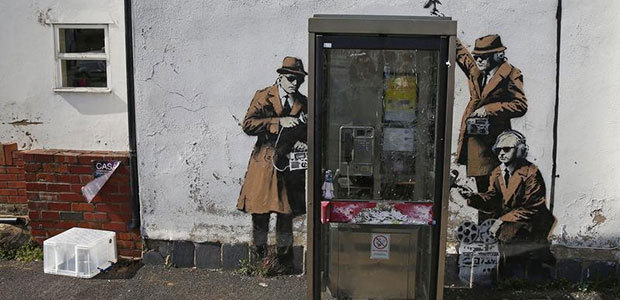Balancing Act
The rule of law mechanism The Hungarian crisis in which Prime Minister Viktor Orbán brought in a succession of media laws and regulations that have crippled the independent press showed that most national governments and a significant number of MEPs underestimated Orbán’s threat to the EU as an institution and a community of values. They…
Balancing Act
Hungary’s challenge to the EU When Viktor Orbán’s center-right conservative party Fidesz won parliamentary elections in 2010, few expected that Budapest would pose one of the most crucial challenges to the EU. “Orbán’s experiment is the first attempt to deconstruct the liberal system inside the EU. It is also the first time the EU has…
Balancing Act
EU as media regulator The 1,000-strong EU press corps does not regularly cover EU press freedom policies, except in exceptional cases when, for instance, the Hungarian prime minister raucously rebuts his adversaries in the European Parliament. “EU correspondents cover the big picture, the big stories which are rocking the EU and its member states, like…
Balancing Act
Access to information In August 2004, Belgian police raided the house and office of Hans-Martin Tillack, a Brussels-based reporter for German magazine Stern, in what his lawyer claimed was an attempt to reveal the identity of a whistleblower. This raid, although exceptional, is emblematic of challenges facing EU correspondents, who say they face hurdles in…
Balancing Act
How Turkey backtracked on accession responsibilities Press freedom was not a prominent issue during discussions on Turkey becoming a candidate country in 2005. In part, this was because reform was in the air in Ankara: Recep Tayyip Erdoğan’s Islamist Justice and Development Party (AKP) adopted a number of reforms that appeared to demonstrate its commitment…
Balancing Act
The European Union is struggling to balance its ideals as a global leader in press freedom with its member states’ criminal defamation and blasphemy laws and counterterrorism measures. Despite an outward commitment to press freedom, in many cases the EU lacks a robust mechanism to hold member states accountable when they renege on their commitments.…
Balancing Act
StoryMap: Press freedom in EU candidate countries Press freedom is a key factor for countries working toward EU membership. Currently five countries—Albania, Macedonia, Montenegro, Serbia, and Turkey— and two potential candidates—Bosnia-Herzegovina and Kosovo— are applying to become member states. This StoryMap explores the challenges journalists in those countries have faced in the past five years….

Surveillance forces journalists to think and act like spies
Once upon a time, a journalist never gave up a confidential source. When someone comes forward, anonymously, to inform the public, it’s better to risk time incarcerated than give them up. This ethical responsibility was also a practical and professional necessity. If you promise anonymity, you’re obliged to deliver. If you can’t keep your word,…
